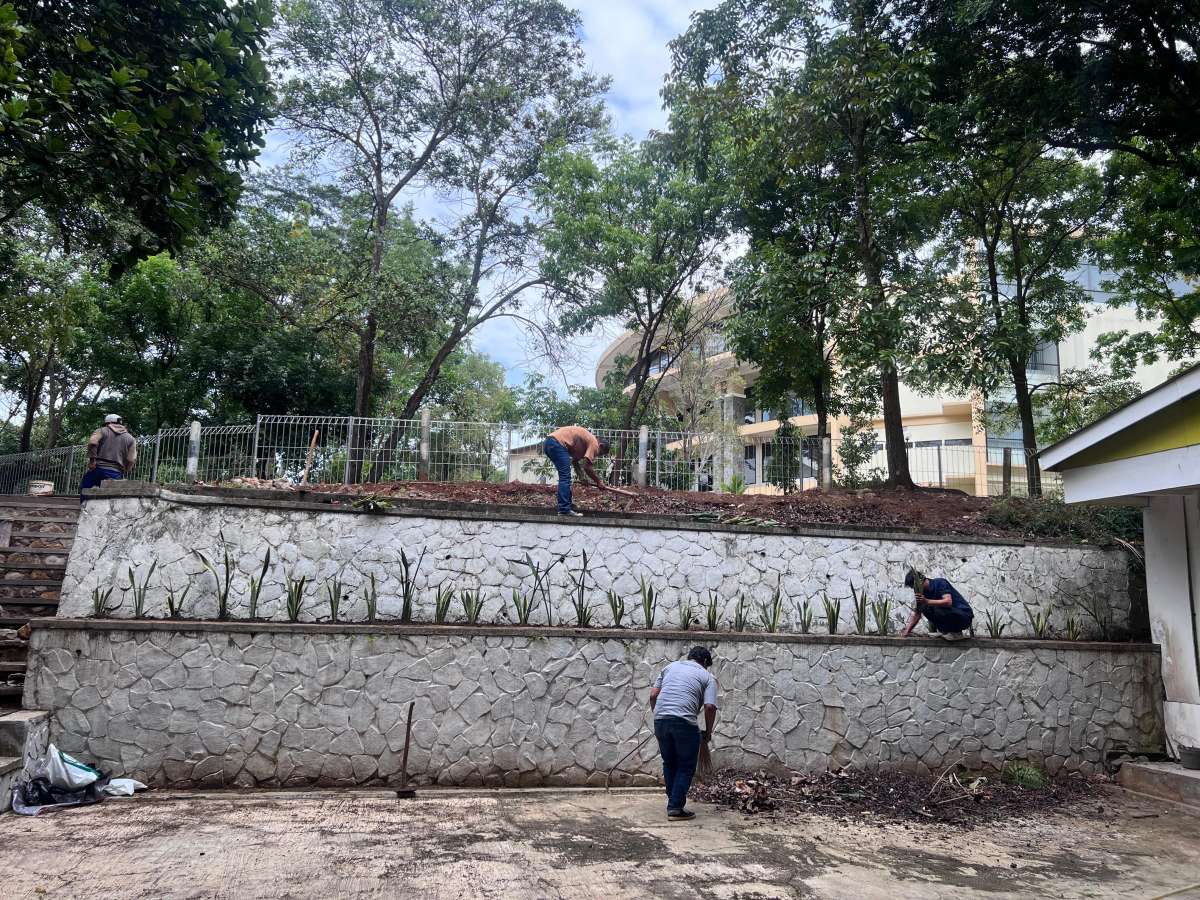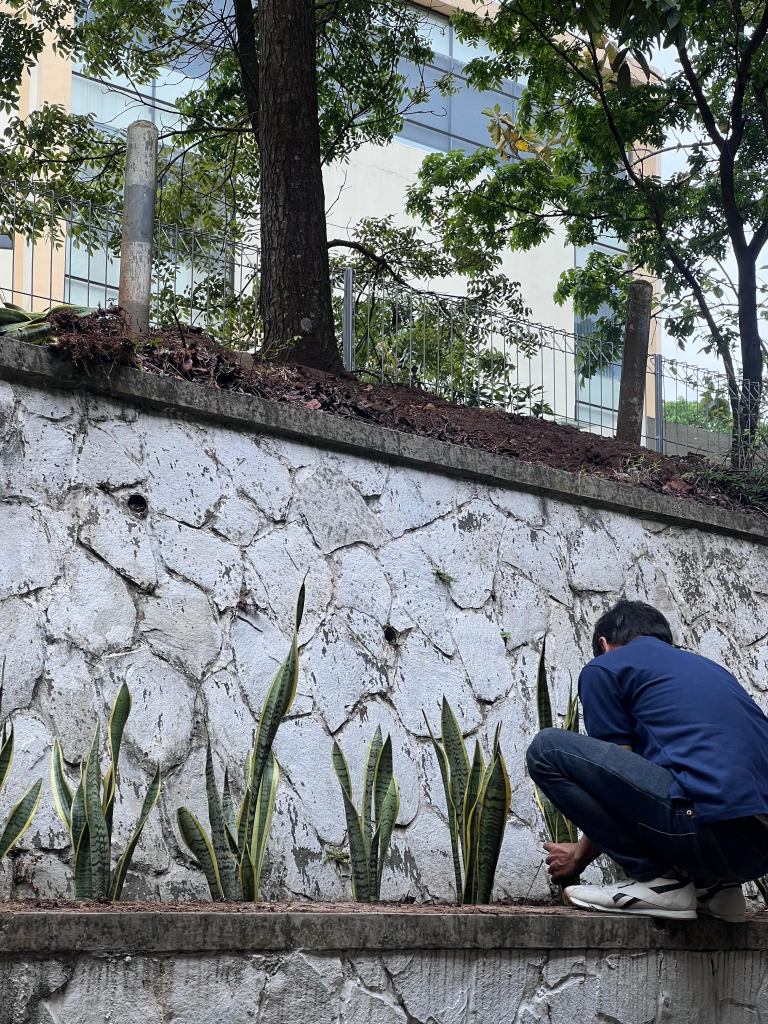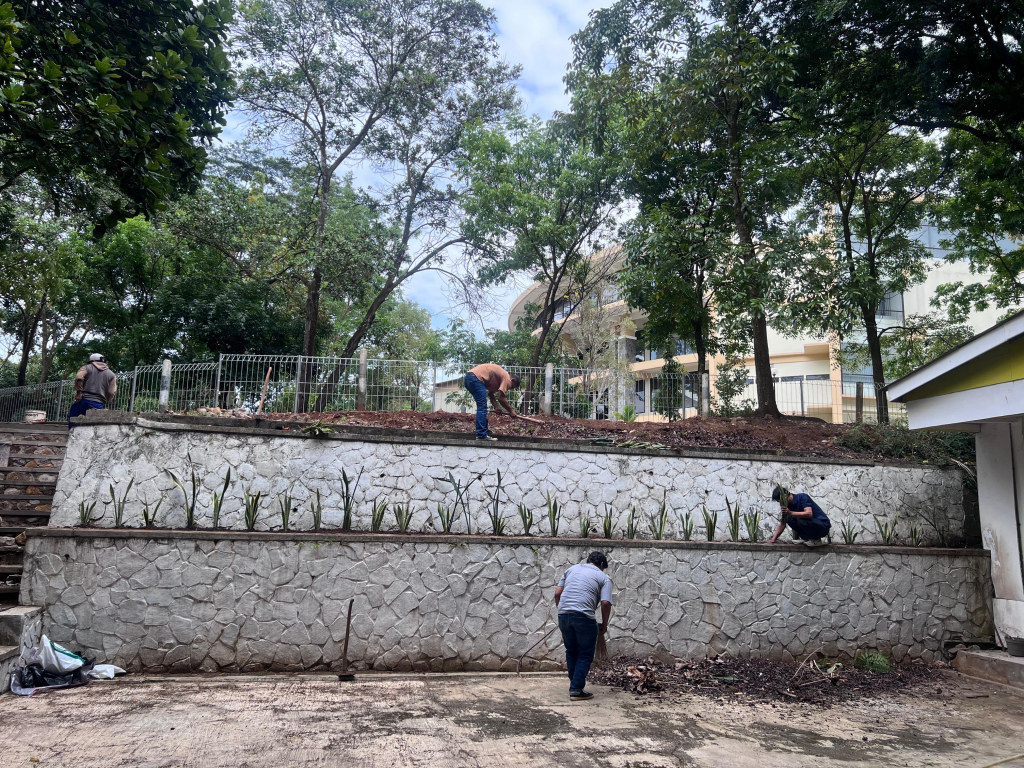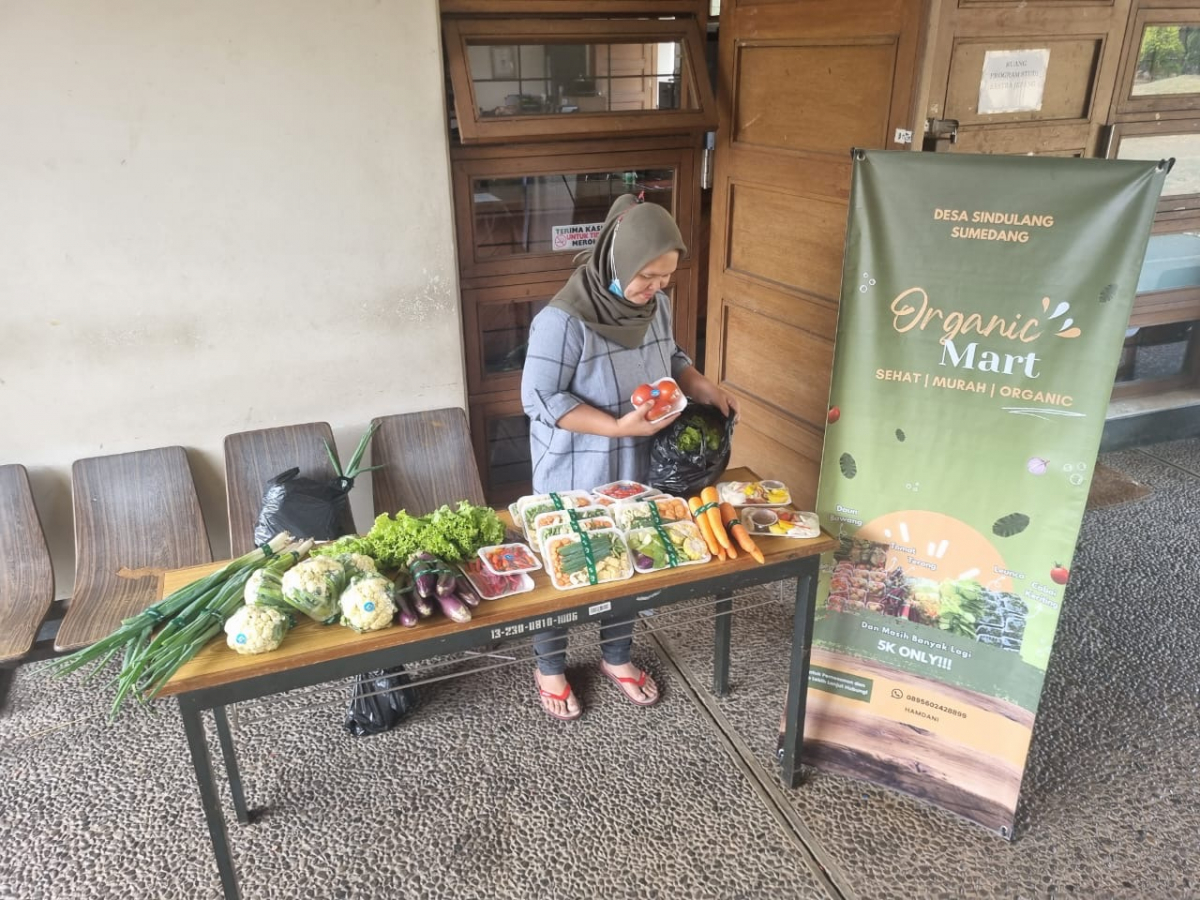
Sansiviera at FIB Unpad: Water-Efficient Plants that Protect the Environment
Among the issues of clean water availability, small steps in protecting the environment have a significant impact. One of them is choosing plants that do not consume too much water. At the Faculty of Cultural Sciences, Universitas Padjadjaran, this awareness is manifested through the planting of sansiviera, better known as snake plant.
The decision to choose sansiviera was not without reason. This plant is known for its high resistance and easy maintenance. Bu Ferli, a lecturer at FIB, explained, “Yesterday, FIB planted mother-in-law’s tongue, or sansevieria in Latin. The advantage of sansevieria is that it does not need to be watered frequently, is easy to care for, and is resistant to hot weather. So, by planting sansevieria, we also save water, because if we choose plants that need to be watered every day, we will not be able to save as much water.”
Besides saving water, sansiviera also has other benefits that are no less important. This plant is known as a natural pollutant absorber. “Sansiviera also absorbs pollutants, so it’s good to plant it around the house because it acts as an air purifier,” added Bu Ferli. In other words, sansiviera not only decorates the campus environment, but also helps create cleaner and healthier air.
On campus, choosing plants such as sansevieria has a positive impact. Not only does it reduce the amount of water needed to maintain the garden, but sansevieria also improves the quality of green open spaces. In an increasingly hot climate with long dry seasons, choosing water-efficient plants such as this is a practical solution that supports environmental sustainability.
This simple step shows that caring for the environment does not have to start with large projects. In fact, from small things such as planting sansevieria, the campus community can learn how to use resources wisely. This low-maintenance plant not only serves as decoration, but also shows that small things such as choosing the right type of plant can contribute to environmental sustainability.
Red. Aliyah Zahra Saffanah







